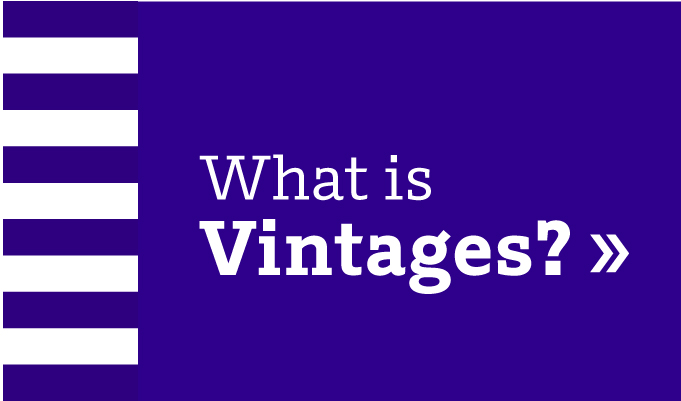Vintages - Big Scores

Feature Story
A dozen wines with scores of 90 points or more, plus a primer on rave reviews and ratings
As anyone who’s ever picked their next movie to stream completely at random and instantly regretted it can attest, sometimes a good recommendation from a trusted source goes a long way. We’ve collected 12 wines rated highly by top critics, and give you the skinny on how to better understand these big scores so you can pick a winner every time.
Why are some reviews short and others short novels?
Some reviewers tend to be more succinct, while others can seem to be poetically inspired, with the wines they review spurring them to almost ethereal lyrical heights. This says less about the wine being reviewed than the reviewer’s personal style, which is why even a wine scoring big points might be accompanied by a short review, or vice versa. We aim to publish reviews that give an accurate and complete picture of a wine, regardless of the word count or writing style.
Why do some scores show a range (e.g., 92-94)?
One of the exciting things about wine is that it changes over time. Reviewers take this into account when assigning scores, projecting a wine’s overall quality into the future. Some wines exhibit the potential to drastically improve, which is why reviewers often re-evaluate wines multiple times over the course of their evolution.
What does the “drink date” or “drinking window” mean? Will this wine turn to vinegar if I don’t drink it by the prescribed date?
In short, no. Many reviewers give their best estimates of when a wine will be at its peak and have the widest appeal. Likewise when a wine says “drink now” but the review date is in the past. It doesn’t mean the wine’s best days are behind it – some such wines might drink well for a decade or more – but simply that the wine isn’t likely to improve with further cellar time.
Why doesn’t every accolade have scores attached?
Our buyers are always on the lookout for award-winning wines from reputable wine competitions all over the globe, so many reviews might include an award, e.g., “gold medal” or “best in show,” instead of a number.
Why don’t all reviews have names attached to them?
If we publish a review without naming the reviewer, it can mean a few things: 1. The publication only has one writer and the clue is in the name (e.g., bobcampbell.nz). 2. The review is from a panel of writers at a wine publication or website, judges at a competition, or our own experts (the “Vintages panel”). In these cases, the review represents the collective impressions of the panel members. 3. The wine hasn’t yet been tasted or reviewed by the wine press or our own expert panel, so we provide a product note based on the winemaker’s assessment of their wine and/or our own knowledge of the grape, style or previous vintages of the wine.
When a wine is designated “Editor’s choice,” who is the “editor” and what exactly are they choosing?
Some reviews include designations besides the score and review to help readers quickly identify products of interest. For example, Wine Enthusiast uses “Editors’ Choice” to denote a wine of extraordinary quality that merits special attention.
What do Smart Buy, Best Buy and Special Value mean? Are wines without this designation rip-offs?
Generally speaking, “smart buy” and similar designations signify a wine that the reviewer believes offers remarkable quality for its price, especially when the wine in question isn’t widely known.
Get our Latest News!
Be the first to hear about new arrivals, special offers, virtual events and more.
Get to Know Us!
Everything we are in a nutshell.

